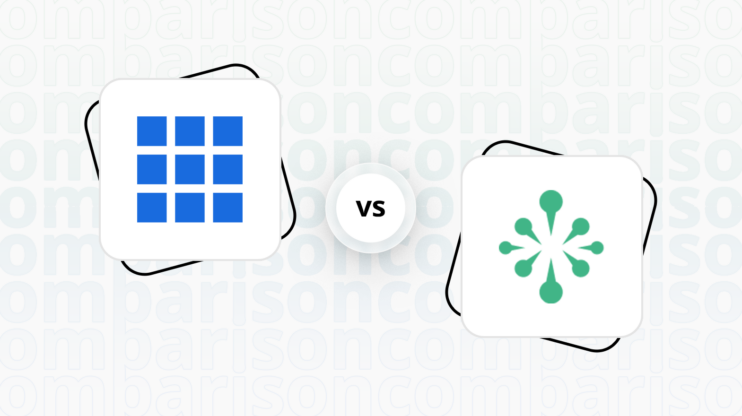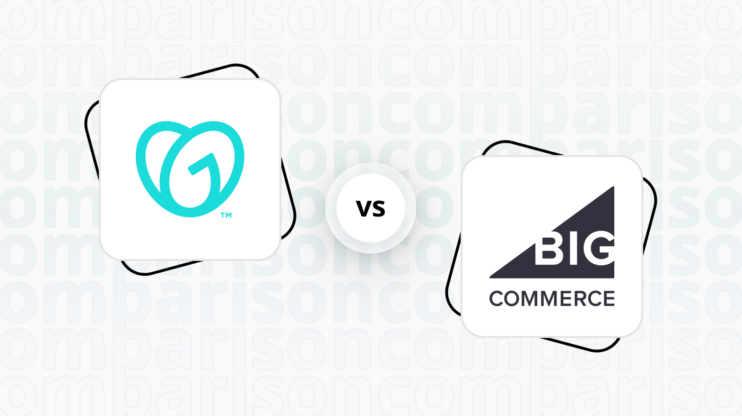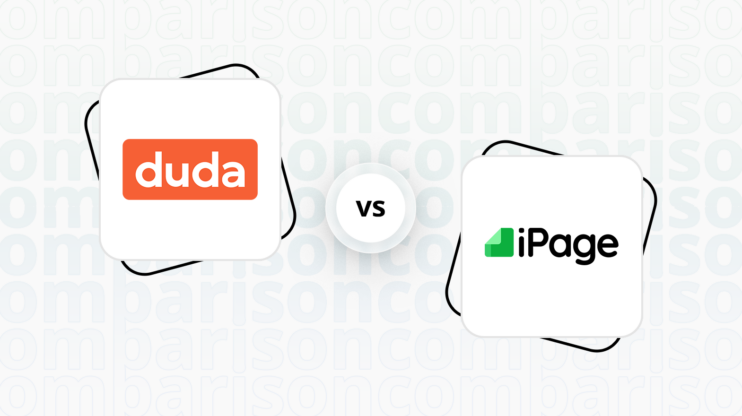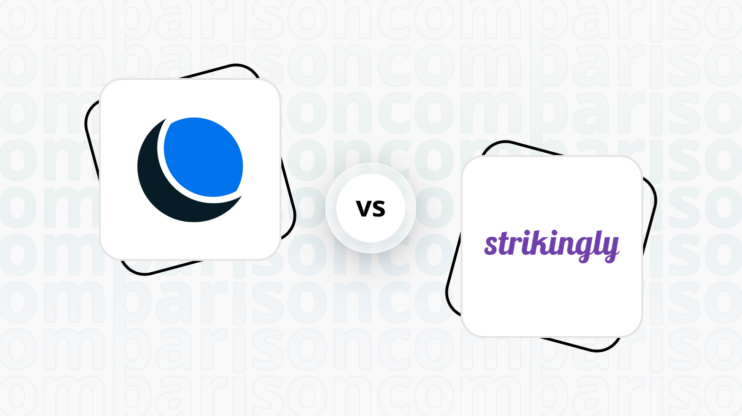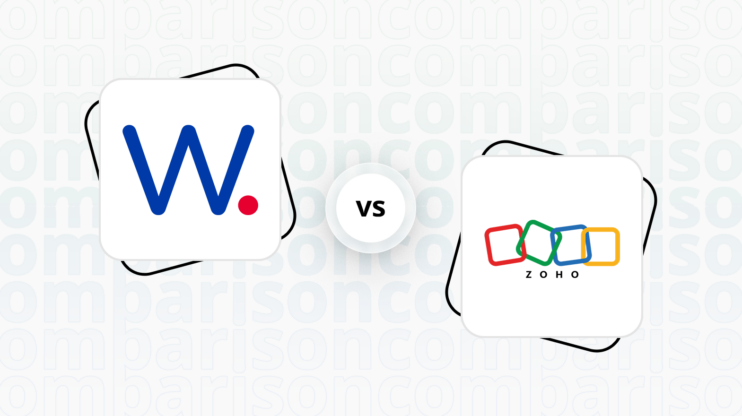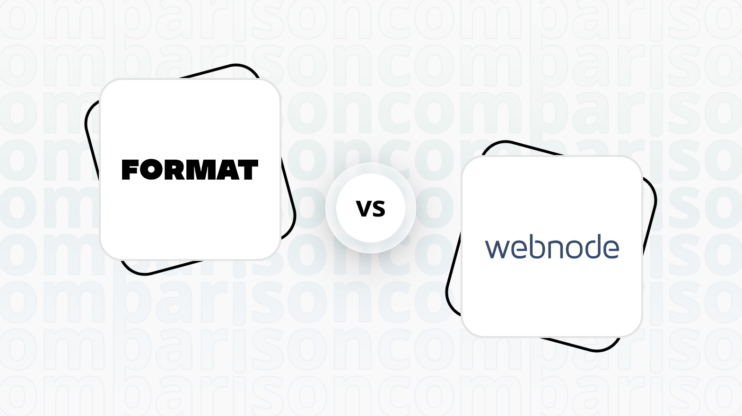Final verdict
Drupal and Adobe Commerce (ex Magento) both offer powerful platforms, but they cater to different needs and user bases.
-
Drupal (Overall Grade: 6.4/10)
is a highly flexible and extensible open-source CMS, ideal for developers and businesses looking to create complex websites with custom functionalities. It excels in design flexibility and user management, making it suitable for a variety of websites, from personal blogs to large corporate sites. However, its steep learning curve and the need for extensive customization can be challenging for beginners. When comparing Drupal vs Adobe Commerce (ex Magento), Drupal is a versatile choice for those who prioritize creative control and customization. -
Adobe Commerce (ex Magento) (Overall Grade: 6.9/10)
stands out for its robust ecommerce capabilities, advanced marketing tools, and strong security features. It’s the go-to platform for businesses aiming to scale their online stores with comprehensive ecommerce solutions. With AI-driven personalization, extensive integrations, and a user-friendly website editor, Adobe Commerce (ex Magento) is ideal for users seeking a powerful, growth-oriented ecommerce platform. Considering Drupal vs Adobe Commerce (ex Magento), Adobe Commerce (ex Magento) offers a more specialized and scalable solution for ecommerce businesses.

|

|
|
|---|---|---|
|
Design functionalities & templates |
7.8 |
6.7 |
|
Ease of use |
5.4 |
5.4 |
|
Ecommerce |
7.5 |
9.4 |
|
Website editors |
7.5 |
7.8 |
|
Product testing options |
7.1 |
3.9 |
|
Price |
5.7 |
5.8 |
|
Hosting quality |
0 |
8.1 |
|
Website speed optimization |
6.4 |
6.6 |
|
Plugins/extensions and integrations |
8.6 |
9.1 |
|
Marketing features |
8.0 |
8.1 |
|
Customer support |
6.7 |
8.3 |
|
Website security |
8.3 |
8.4 |
|
AI capabilities |
7.5 |
7.7 |
|
User management |
9.1 |
8.0 |
Best for ecommerce
 7.5
7.5
 9.4
9.4
Verdict
: Adobe Commerce (ex Magento) is the superior choice for ecommerce, offering a comprehensive set of tools and features that cater to both B2B and B2C businesses. Drupal, while flexible and extensible, may require more customization and has a steeper learning curve.
-
Drupal
: Drupal, with its Drupal Commerce module, provides a flexible ecommerce solution integrated into its CMS. It offers features like product management, shopping cart, and payment gateway integration. However, it may require extensive customization and optimization for large-scale stores. Its flexibility makes it suitable for complex ecommerce needs, but it might be challenging for users unfamiliar with Drupal. -
Adobe Commerce (ex Magento)
: Adobe Commerce is an enterprise-level ecommerce platform with robust features such as product and inventory management, efficient order processing, and targeted marketing capabilities. It supports multiple brands and markets, offers AI-driven personalization, and ensures scalability with cloud-native solutions. Its comprehensive toolset and seamless integration with third-party applications make it ideal for businesses looking to establish and manage successful online stores.
Best for informational & business websites
 7.5
7.5
 7.4
7.4
Verdict
: Drupal and Adobe Commerce (ex Magento) are both powerful platforms, but Drupal slightly edges out Adobe Commerce (ex Magento) for informational and business websites due to its flexibility and extensive customization options.
-
Drupal
: Drupal is a highly flexible and powerful content management system, making it an excellent choice for informational and business websites. Its vast array of modules and themes allows for extensive customization, catering to a wide range of website needs. Drupal’s open-source nature and strong community support make it a versatile and reliable option for developers looking to create complex websites with custom functionalities. With a score of 7.5, Drupal is well-suited for various types of websites, from personal blogs to corporate and government sites. -
Adobe Commerce (ex Magento)
: Adobe Commerce (ex Magento) is a versatile commerce platform that also supports informational and business websites. It offers AI-driven personalization, multiple brand support, and a range of developer tools for customization. While it excels in ecommerce functionalities, Adobe Commerce (ex Magento) can also be used for creating and managing informational websites. However, its primary focus on ecommerce may make it less ideal for purely informational sites. With a score of 7.4, Adobe Commerce (ex Magento) is a strong contender but may be better suited for businesses that require robust ecommerce capabilities alongside their informational content.
Detailed comparison
Design functionalities & templates
Design FunctionalitiesRepresents how well each platform allows for creative design and customization of websites.Score Components:
- Template Variety (30%): Range and quality of design templates.
- Customization (30%): Flexibility and options for design alterations.
- User Interface (20%): Ease and intuitiveness of the design process.
- Responsiveness (10%): Adaptability to different devices and screen sizes.
- Innovation (10%): Unique design features and tools.
 7.8
7.8
 6.7
6.7
🏆
Winner: Drupal.
If you’re looking for a platform that offers more creative control and a wide array of design features, Drupal is the preferred choice.
Drupal, as a highly flexible and powerful content management system, offers a vast array of templates and designs to cater to virtually any website need. With thousands of themes available, users can choose from minimalist designs, industry-specific layouts, and highly customizable multipurpose themes.
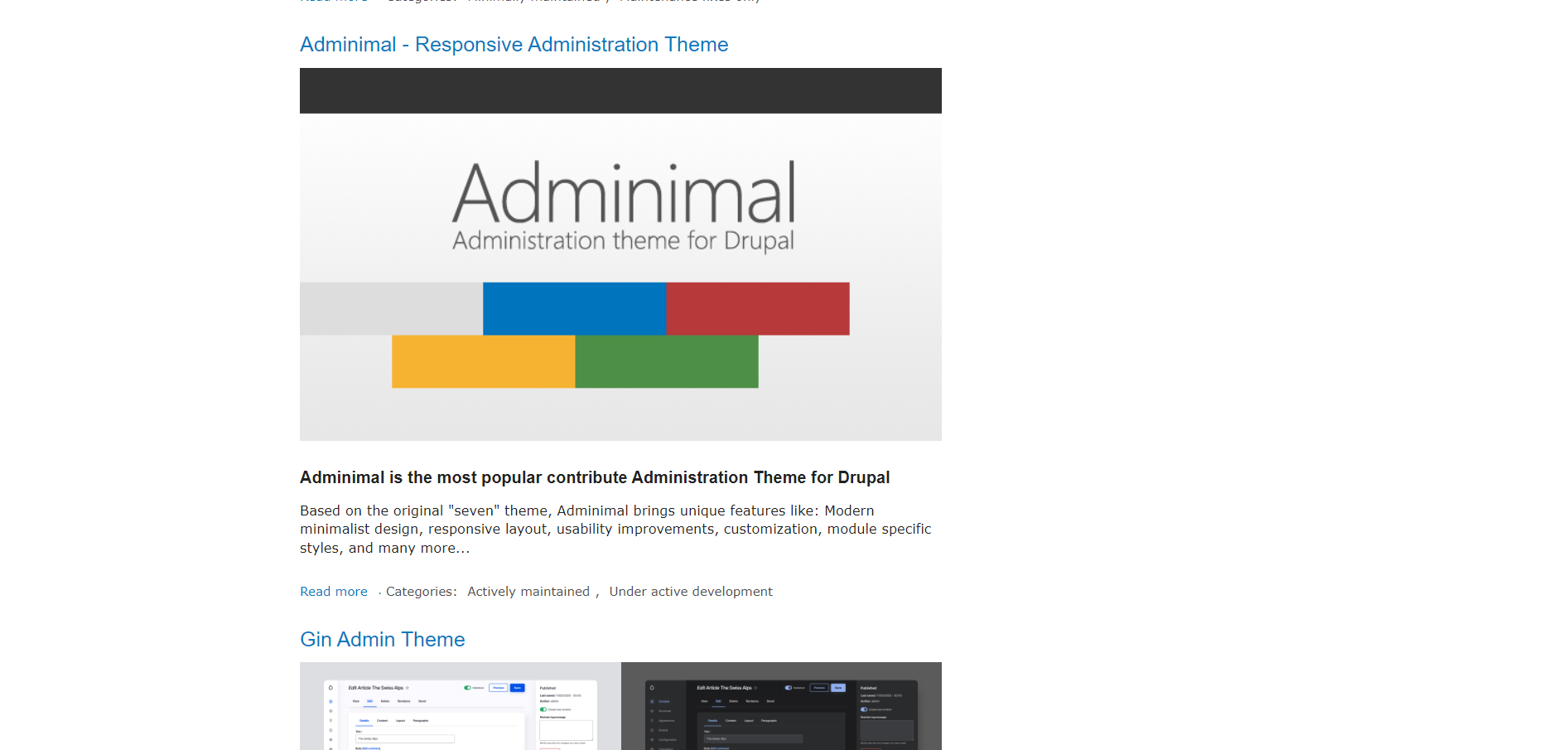
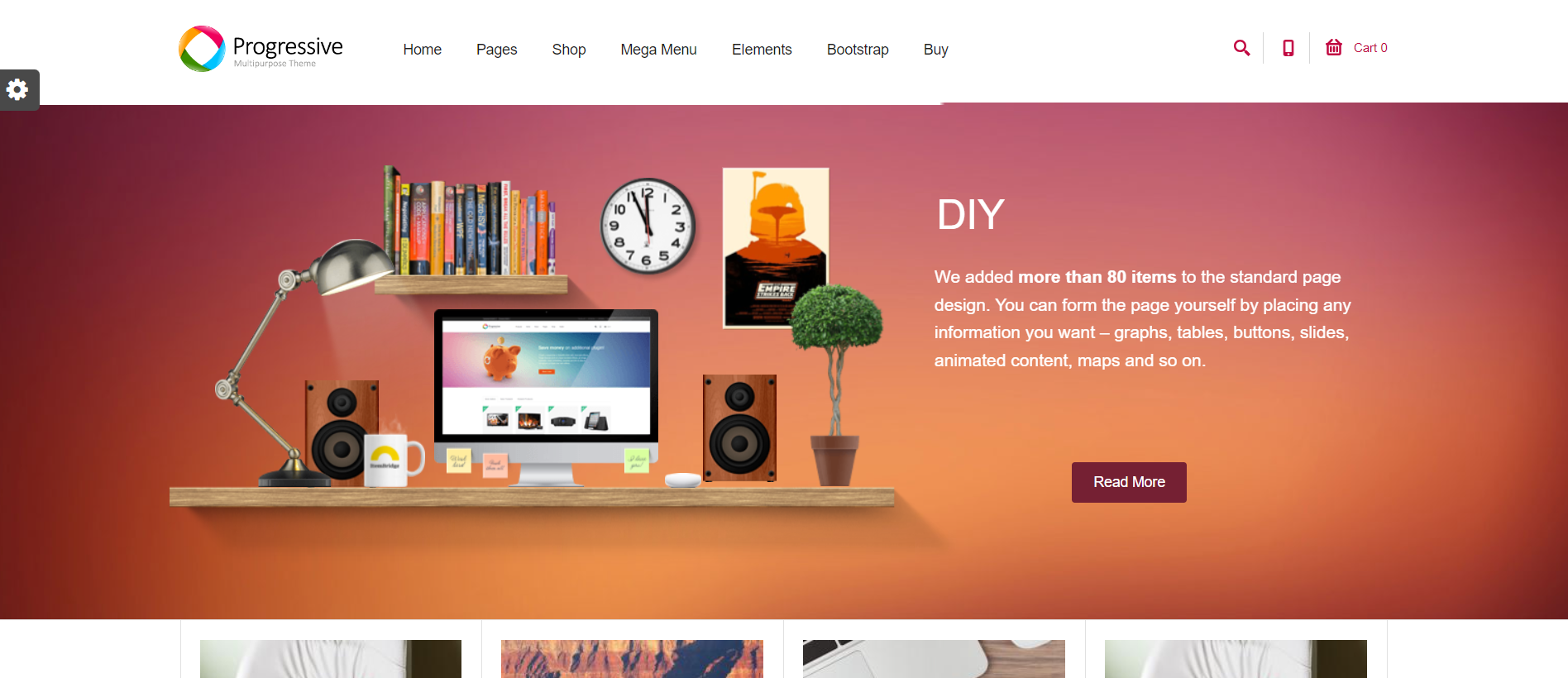
Compared to Drupal, Adobe Commerce, formerly Magento, prioritizes flexibility over pre-built templates. While it offers a limited selection of base themes, users can access third-party themes for customization. Theme options are highly adaptable, allowing changes to layouts, colors, fonts, and the creation of custom page layouts.
Adobe Commerce(ex Magento) Themes
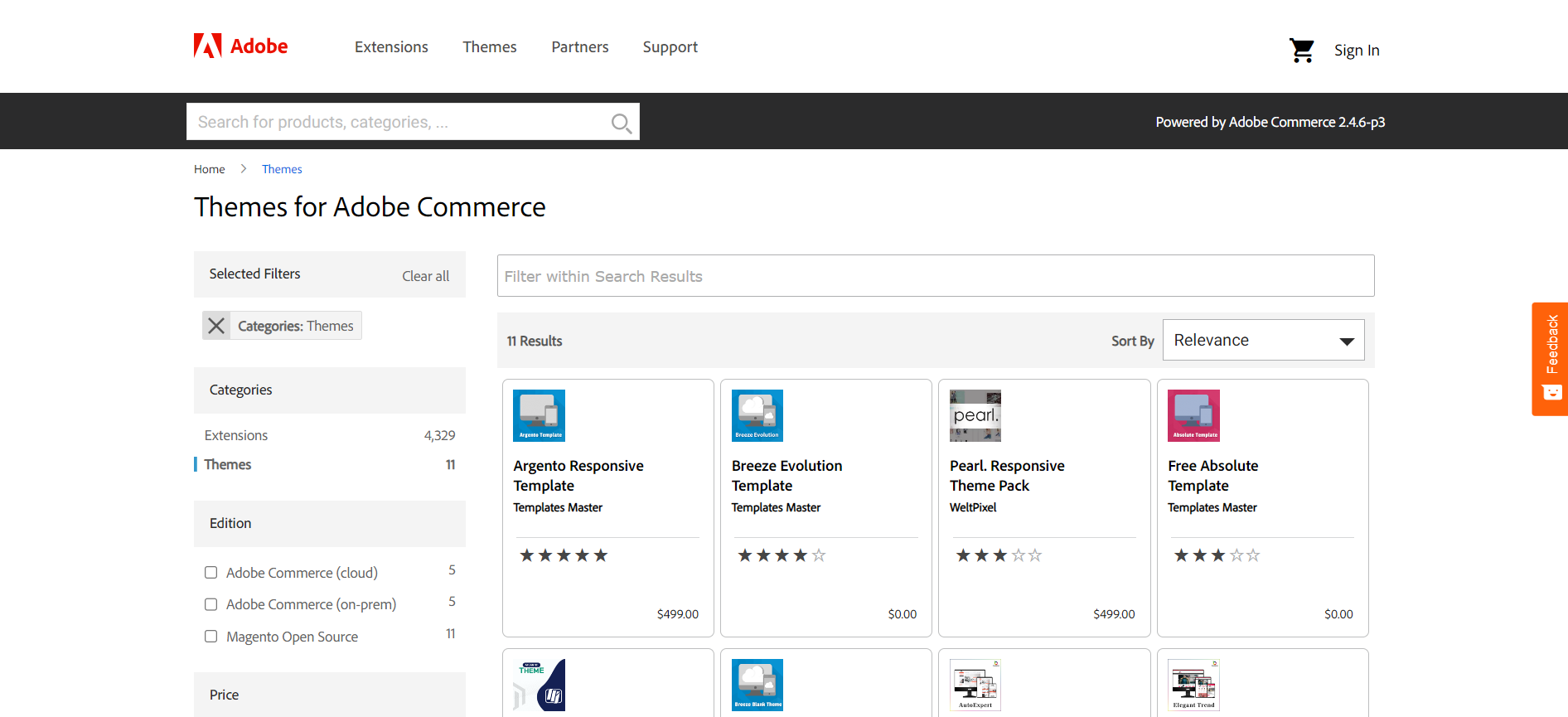
Get a head start on website creation with AI
Create a custom website tailored to your business needs 10X faster with 10Web AI Website Builder!
Ease of use
Ease of useReflects the platform’s overall user-friendliness.Score
Components:
- Learning curve (40%): Quickness and ease of getting started.
- Interface design (30%): Simplicity and intuitiveness of layout.
- User guidance (20%): Quality of tutorials and support.
- Flexibility (10%): Adaptability to various user skills.
 5.4
5.4
 5.4
5.4
🏆 Winner: Tie
. Both Drupal and Adobe Commerce(ex Magento) scored 5.4 in ease of use. These platforms are known for their flexibility and extensibility, making them powerful tools for building complex websites and applications. However, this flexibility comes with a steep learning curve, especially for beginners or those not familiar with web development principles. If you’re a beginner, you might find these platforms less intuitive than more user-friendly platforms.
Learning Resources
Both Drupal and Adobe Commerce(ex Magento) offer a wealth of learning resources, including extensive official documentation, vibrant community forums, and a variety of online courses and tutorials. The quality of these resources ranges from good to excellent, making these platforms accessible for beginners and beneficial for advanced users looking to deepen their expertise.
For ecommerce
EcommerceMeasures the platform’s effectiveness in supporting online business activities.Score Components:
- Ecommerce themes and templates (20%): Variety and design of templates.
- Product management (25%): Ease of managing and organizing products.
- Payment options (25%): Variety and convenience of payment methods.
- Ecommerce features (20%): Features for managing an ecommerce store.
- Integration (10%): Compatibility with external e-commerce tools and services.
 7.5
7.5
 9.4
9.4
Drupal, with its Drupal Commerce module, offers a flexible ecommerce solution that can be integrated seamlessly into its content management system. It provides a wide array of features including product management, shopping cart, payment gateway integration, and customizable workflows that cater to complex pricing models and product variations. However, some of its downsides include a steep learning curve for users not familiar with Drupal, the potential need for extensive customization to meet specific ecommerce needs, and performance can be a concern for very large-scale stores without proper optimization.
Adobe Commerce, formerly known as Magento, is an enterprise-level ecommerce platform offering features such as product and inventory management, efficient order processing, customer account management, targeted marketing capabilities, diverse payment processing options, robust security measures, and scalability to accommodate business growth. With its comprehensive set of tools, Adobe Commerce is designed to assist businesses in establishing and managing successful online stores of varying sizes.

|

|
|
|---|---|---|
|
Ecommerce themes and templates |
7.8 |
7.5 |
|
Product page customization |
8.3 |
9.0 |
|
Payment processing and commissions |
7.5 |
7.8 |
|
POS capabilities |
5.5 |
7.0 |
|
Payment gateways |
7.7 |
8.5 |
|
Product numbers |
7.0 |
7.5 |
|
Additional ecommerce features |
8.0 |
8.0 |
Drupal ecommerce features:
- Shopping Cart and Checkout Process
- Payment Gateway Integration
- Order Management and Invoicing
- Tax Calculation and VAT Support
- Shipping and Fulfillment
- Promotions and Discounts
- Reporting and Analytics
- Security and Compliance
Adobe Commerce(ex Magento) ecommerce features:
- Product and Inventory Management
- Order Management
- Customer Management
- Marketing and Promotions
- Payment Processing
- Multi-Channel Commerce
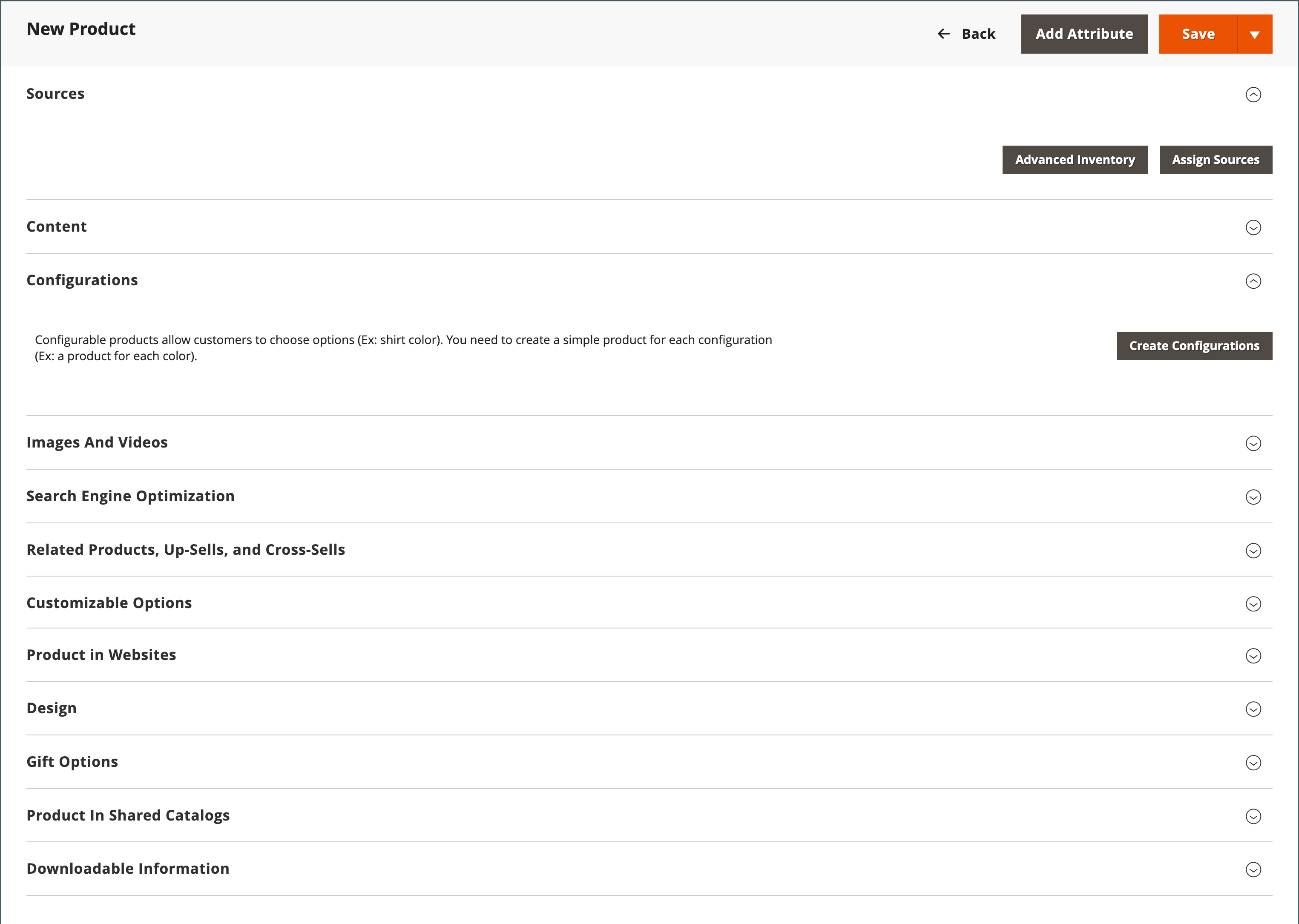
Ecommerce themes & templates
Drupal offers a wide array of eCommerce themes designed to cater to different types of online stores, from clean and simple designs to more sophisticated and feature-rich options. These themes are built with responsiveness in mind, ensuring that stores function seamlessly across various devices. Themes like Fiora, DrupalMag, and Storefront highlight the diversity available, offering customization options to match the unique needs of each business. The availability and functionality of these themes underscore Drupal’s flexibility and power as an eCommerce platform.
Adobe Commerce, powered by Magento, offers a comprehensive ecosystem for ecommerce themes and templates, enabling businesses to customize their online stores to meet specific branding and functionality requirements. Themes in Adobe Commerce serve as the visual and structural framework for online stores, incorporating layout files, template files, translation files, and skins to define the look and feel.
Product page customization
Drupal offers extensive customization possibilities for product pages through its modular architecture, allowing for detailed content types, flexible displays with Views, and theme customizations. The Drupal Commerce module enriches e-commerce functionalities, enabling tailored product management, checkout flows, and payment systems. With the ability to develop custom modules, Drupal provides range of possibilities to meet specific e-commerce needs.
Adobe Commerce, formerly known as Magento, offers extensive customization options for product pages, enabling businesses to enhance the user experience and tailor product displays to their specific needs. This includes customizing layouts, product attributes, images and media, dynamic content like related products and reviews, and custom product options such as configurable and bundled products. These customizations can help businesses create a unique and user-friendly online shopping experience.
Payment processing
Drupal supports a wide range of payment gateways through third-party modules, including popular ones like PayPal, Stripe, and Authorize.Net. These modules enable seamless integration for e-commerce functionalities on Drupal sites. While Drupal itself does not charge any commissions or transaction fees, the individual payment gateways integrated with it do have their own fee structures, which typically include per-transaction charges and may also have monthly fees. The specific fees depend on the chosen payment gateway and the terms of service agreed upon by the website owner.
Adobe Commerce offers integrated payment solutions and commission management for seamless online transactions, alongside POS integration for omnichannel retail experiences. It supports a wide array of payment gateways, ensuring flexible and secure payment options for customers. These features make Adobe Commerce a versatile platform for businesses aiming to provide a comprehensive and secure shopping experience both online and in physical stores.
Website Editors
Website EditorsEvaluates the platforms’ website building and editing capabilities.Score Components:
- Customization tools (40%): Range and power of editing features.
- Editor usability (30%): User experience within the editor.
- Design flexibility (20%): Freedom in layout and design changes.
- Update and maintenance ease (10%): Simplicity of updating and maintaining the site.
 7.5
7.5
 7.8
7.8
🏆
Winner: Adobe Commerce(ex Magento)
. Adobe Commerce(ex Magento), with a score of 7.8, offers a user-friendly website editor with its Page Builder tool, designed for ease of use through drag-and-drop capabilities, allowing for simple management and customization of eCommerce sites without extensive developer involvement. It provides a flexible and intuitive platform for users to effortlessly design, update, and maintain their online stores, supported by a variety of design options and themes for tailored branding and promotional activities.
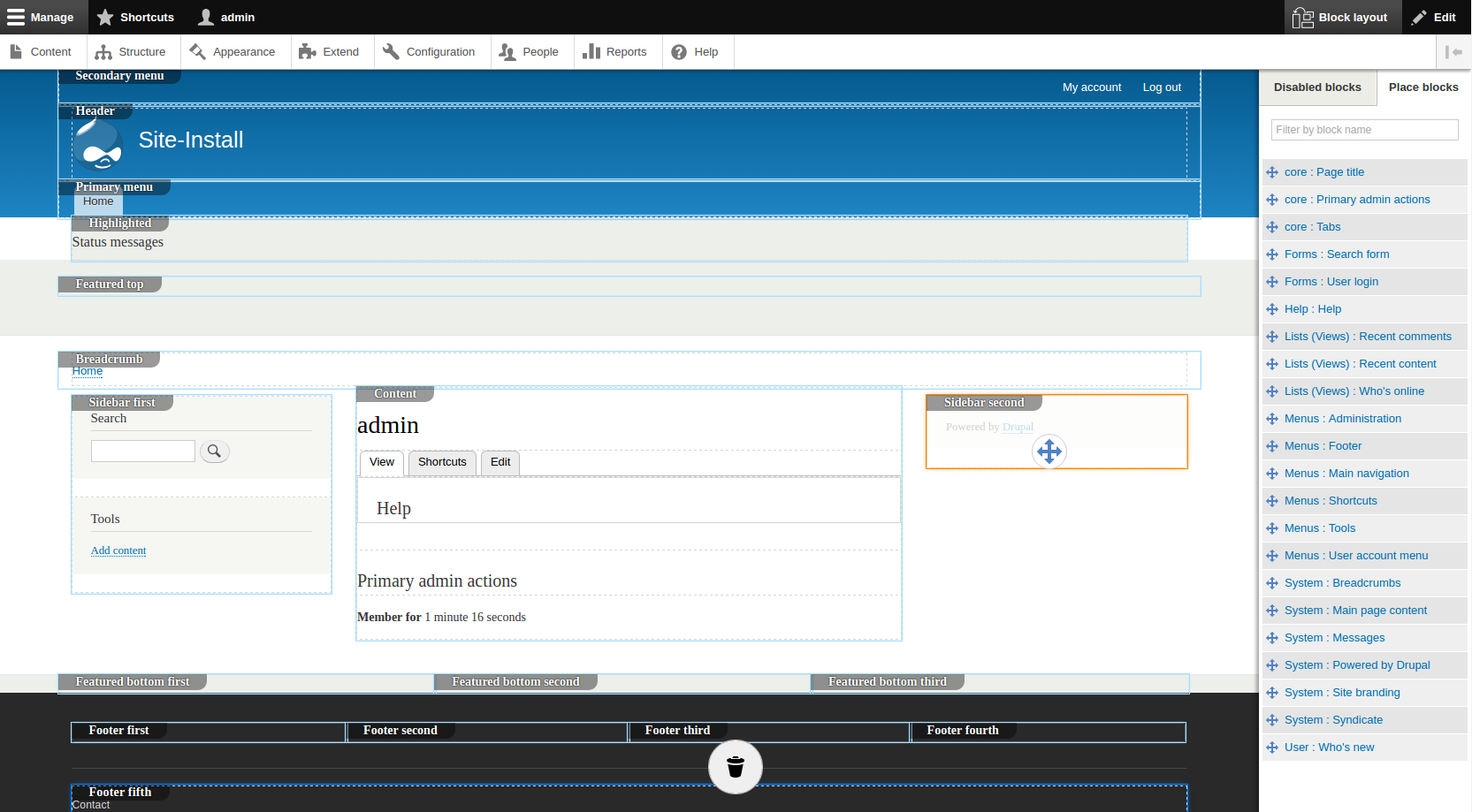
Drupal’s editor, scoring 7.5, offers a wide range of features tailored for content creation and management. It supports rich text editing, enabling users to format text, insert links, images, and media, as well as create tables and lists with ease. The editor is highly customizable, allowing administrators to configure toolbars and options according to the needs of their site. However, it can pose challenges for beginners due to its wide range of features and customization options. Learning to navigate its interface and utilize its full capabilities often requires time and effort.
Mobile editor/app
 0
0
 0
0
🏆
Winner: None
. Neither Drupal nor Adobe Commerce (ex Magento) offer mobile apps for managing your website, which means that any changes to your website will need to be made through a desktop interface. This may not be a significant issue for some users, but it does limit the ability to make quick changes or updates on the go.
Drupal, on the one hand, does not provide a dedicated mobile editor or app for website editing. This means that users will need to rely on the desktop interface for all website management tasks, including content editing, design changes, layout adjustments, and more.
Adobe Commerce (ex Magento), on the other hand, also lacks a mobile app or editor for website management. Like Drupal, users will need to use the desktop interface for all website editing tasks.
In summary, neither Drupal nor Adobe Commerce (ex Magento) offer the convenience of mobile website editing, which may be a drawback for users who need to make quick changes or updates on the go.
Product testing options
Product Testing OptionsAssesses the options for trying out platform features before commitment.Score Components:
- Trial quality (40%): Extent and usefulness of the trial or free version.
- Feature accessibility (30%): How many features are available to test.
- Trial duration (20%): Length of the trial period.
- Ease of transition (10%): Smoothness of moving from trial to paid plans.
 7.1
7.1
 3.9
3.9
Overall Result
:
Drupal Wins
. Drupal scores 7.1 in product testing options, while Adobe Commerce(ex Magento) scores 3.9. Drupal, being an open-source CMS, is free to use and does not require a trial period. However, it does not offer the possibility to test premium features. On the other hand, Adobe Commerce(ex Magento) does not offer a free or trial version, but it is possible to test premium features by requesting a demo version for a trial period. Neither platform offers a money back guarantee.

|

|
|
|---|---|---|
|
Free Plan |
Yes (open-source software) |
No |
|
Trial Duration |
No | No |
|
Testing Premium Features |
No |
Yes, by requesting a demo version |
|
Money Back Guarantee |
No | No |
Price
PriceLooks at the cost-effectiveness and value for money of each platform.Score Components:
- Plan value (40%): What each pricing tier offers.
- Transparency and clarity (30%): Clearness of pricing structures.
- Flexibility of plans (20%): Range of options to suit different budgets.
- Hidden costs (10%): Additional expenses not included in the plan.
 5.7
5.7
 5.8
5.8
Drupal is a free open-source CMS, but users need to purchase a domain, web hosting, and website builder subscriptions separately. Adobe Commerce, on the other hand, is a premium service with prices starting from approximately $2,000. It is designed to deliver scalable, secure, and extensive eCommerce solutions tailored to a wide range of business demands.

|

|
|
|---|---|---|
|
$0+ |
No offering at this amount. |
Adobe Commerce Pro and Managed Services ($2000/month): Adobe Commerce Pro and Managed Services are designed to deliver scalable, secure, and extensive eCommerce solutions tailored to a wide range of business demands. It offers a comprehensive set of ecommerce tools, including product and inventory management, efficient order processing, customer account management, targeted marketing capabilities, diverse payment processing options, robust security measures, and scalability to accommodate business growth. It also offers both self-hosted and cloud-hosted options, providing flexibility and optimized performance. While it does not have an AI website builder, it offers a powerful theme framework for comprehensive control, including frontend editing for basic adjustments. Experienced developers can employ custom code for unique designs and advanced functionalities. |
location. As a result in rare cases the prices displayed here can differ from the ones you see on their
websites.
Hosting quality
Hosting
qualityExamines the reliability and performance of the hosting solutions.Score Components:
- Uptime (40%): Consistency and reliability of website availability.
- Speed (30%): Loading times and performance.
- Bandwidth and storage (20%): Sufficiency of resources provided.
- Data centers (10%): Quality and distribution of hosting infrastructure.
 0
0
 8.1
8.1
🏆
Winner: Adobe Commerce(ex Magento)
Adobe Commerce (ex Magento) offers robust and scalable eCommerce solutions with both self-hosted and cloud-hosted options, providing flexibility and optimized performance. On the other hand, Drupal does not offer hosting services directly, so users need to rely on third-party hosting providers.

|

|
|
|---|---|---|
|
Do they offer hosting? |
No | Yes |
|
Type of hosting: |
Depends on hosting provider | Self Hosting, Managed Hosting |
|
Uptime: |
Depends on hosting provider | Uptime Guarantee for Adobe Managed hosting is provided |
|
Data Centers: |
Depends on hosting provider | Adobe Commerce on Cloud infrastructure Leverages Amazon Web Services (AWS), Specific data center details not publicly available |
Website Speed Optimization
Website Speed OptimizationEvaluates optimization of website loading timesScore Components:
- PageSpeed Score (30%): Google’s score indicating performance optimization.
- Loading Time (30%): The average time until a website is fully interactive.
- Mobile Optimization (15%): Optimization effectiveness for mobile devices.
- Resource Optimization (15%): Optimizing images, scripts, and other heavy resources.
- CDN Usage (10%): Use of CDN to enhance speed across geolocations.
 6.4
6.4
 6.6
6.6
🏆 Winner: Adobe Commerce (ex Magento)
Both Drupal and Adobe Commerce (ex Magento) offer various strategies for website speed optimization. However, Adobe Commerce (ex Magento) slightly outperforms Drupal in this aspect.

|

|
|
|---|---|---|
|
Focus |
User-guided optimization |
CDN, Database optimization, Caching, Indexing |
|
Performance Tools |
User-guided tools |
Built-in tools |
|
Key Strategies |
User-guided optimization |
CDN, Database optimization, Caching, Indexing |
|
Load Times |
Varies depending on optimization and website complexity |
Varies widely, dependent on optimization |
|
Page Speed Scores Range |
Varies depending on optimization and website complexity |
Scores vary; influenced by plugins, images |
|
Core Web Vitals Improvement |
Depends on users |
Emphasis on LCP, FID, CLS improvements |
Drupal, an open-source content management system (CMS), allows users to optimize almost all aspects of their website. However, the load times and PageSpeed scores vary depending on the optimization and website complexity. The Core Web Vitals improvements also depend on the users.
On the other hand, Adobe Commerce (ex Magento) offers strategies for speed optimization such as CDN, Database optimization, Caching, and Indexing. The load times and PageSpeed scores also vary widely, depending on the optimization. However, Adobe Commerce (ex Magento) places an emphasis on LCP, FID, CLS improvements for Core Web Vitals.
Get a head start on website creation with AI
Create a custom website tailored to your business needs 10X faster with 10Web AI Website Builder!
Plugins and integrations
Plugins and integrationsMeasures the range and effectiveness of additional plugins and integrations.Score Components:
- Variety of options (40%): Range of available add-ons.
- Integration smoothness (30%): Ease of integrating plugins into the site.
- Quality of plugins (20%): Functionality and reliability of the options.
- Custom integration capabilities (10%): Support for custom or third-party integrations.
 8.6
8.6
 9.1
9.1
🏆 Winner: Adobe Commerce(ex Magento).
Adobe Commerce(ex Magento) scores 9.1, outperforming Drupal’s 8.6. Adobe Commerce(ex Magento) offers a vast array of extensions and plugins, estimated to be in the tens of thousands, covering aspects such as marketing, payment processing, shipping, content management, security, and optimization. On the other hand, Drupal also offers a vast array of over 51,000 plugins, but Adobe Commerce(ex Magento)’s extensive range of plugins and seamless integrations give it the upper hand.
It is worth mentioning that most of Drupal’s modules are freely available and open source, embodying Drupal’s commitment to accessible and communal software development. On the other hand, Adobe Commerce(ex Magento)’s plugins range from free options with limited features to paid subscriptions or one-time fees, with the possibility of custom development costing more for unique requirements.
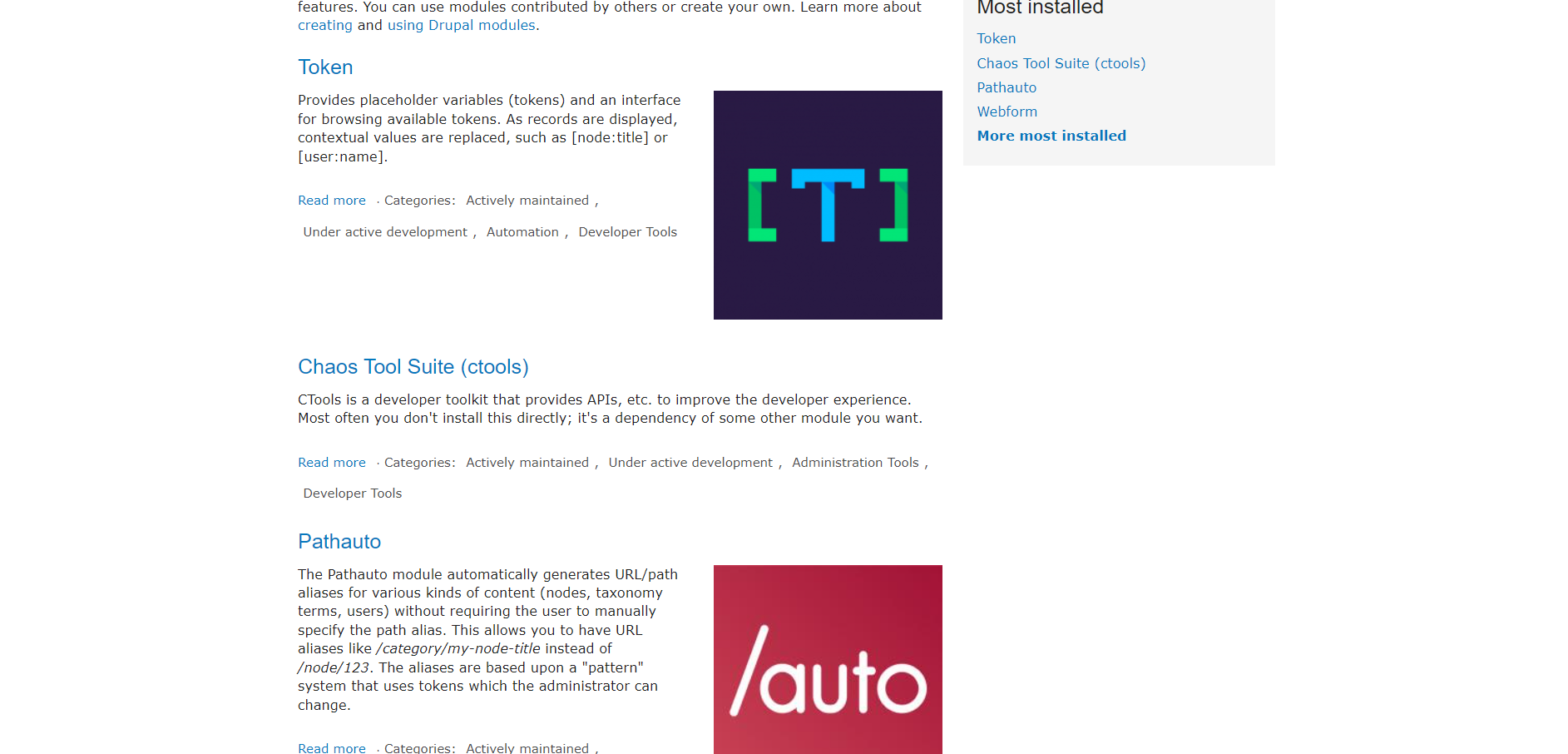
Adobe Commerce(ex Magento) Applications
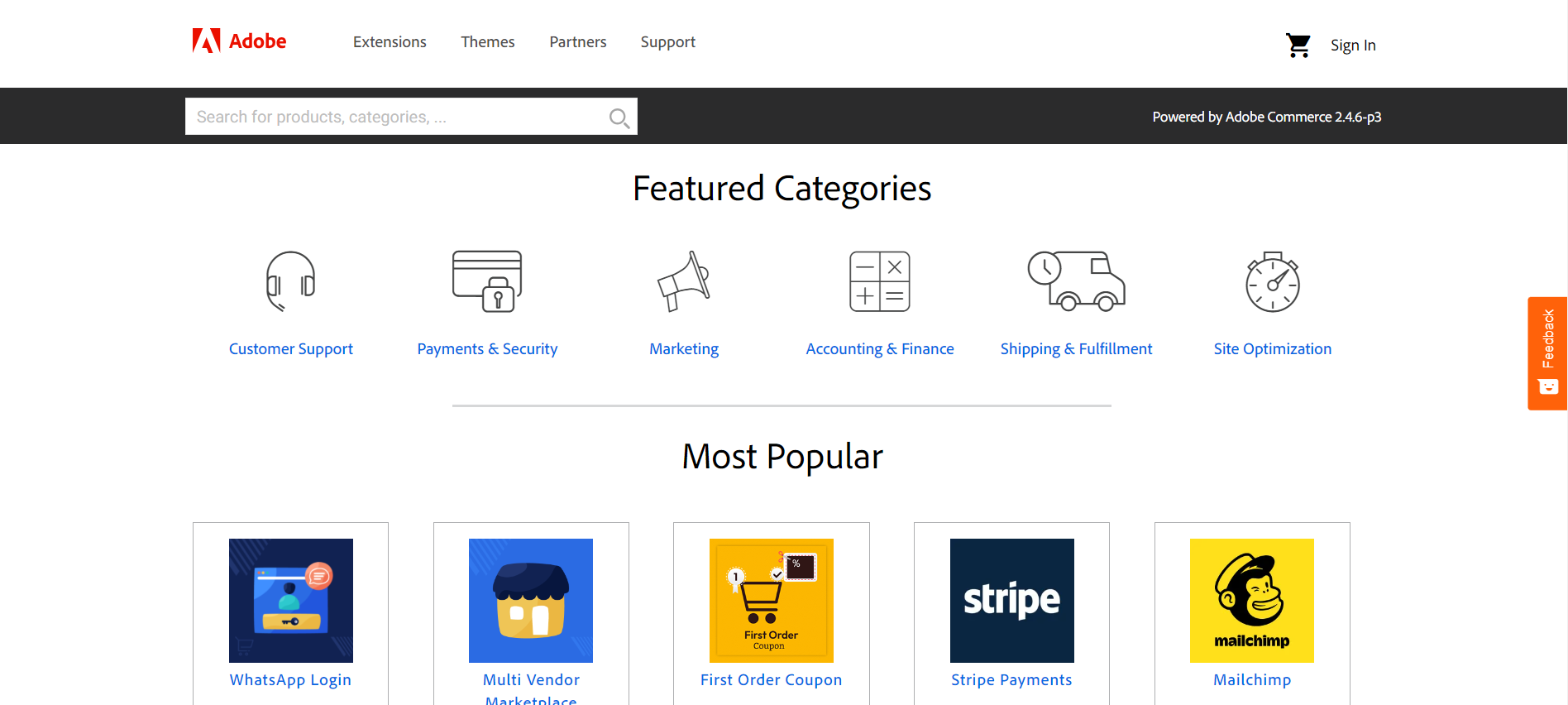
Marketing Features
Design FunctionalitiesRepresents how well each platform allows for creative design and customization of websites.Score Components:
- Template Variety (30%): Range and quality of design templates.
- Customization (30%): Flexibility and options for design alterations.
- User Interface (20%): Ease and intuitiveness of the design process.
- Responsiveness (10%): Adaptability to different devices and screen sizes.
- Innovation (10%): Unique design features and tools.
 8.0
8.0
 8.1
8.1
🏆
Overall Winner: Adobe Commerce (ex Magento)
. Adobe Commerce (ex Magento) edges out Drupal with its more advanced and integrated marketing tools, especially for ads and promotions. However, Drupal’s flexibility and extensibility make it a strong contender, especially when third-party modules are utilized.

|

|
|
|---|---|---|
|
SEO Tools |
Yes, with SEO modules such as Yoast SEO |
Yes |
|
Email Marketing |
Yes, but with third-party extensions, such as MailChimp |
Yes |
|
Blogging |
Yes |
Can be integrated with platforms like WordPress |
|
Social Media Integration |
Yes |
Yes |
|
Analytics and Reporting |
Yes, basic built-in features, and Google Analytics integrations through modules |
Adobe Commerce integrates with Google Analytics and other analytics tools |
|
Ads and Promotions |
Yes, but with third-party extensions |
Advanced marketing tools for creating and managing promotions, coupons, and personalized content |
Customer Support
Customer supportEvaluates the quality and availability of support options.Score Components:
- Response time (40%): Speed of support responses.
- Support quality (30%): Effectiveness and helpfulness of the support.
- Availability (20%): Range of support channels (phone, chat, email).
- Resource richness (10%): Quality of self-help and educational materials.
 6.7
6.7
 8.3
8.3
🏆 Winner: Adobe Commerce(ex Magento)
. When comparing Drupal vs Adobe Commerce(ex Magento), Adobe Commerce(ex Magento) takes the lead with its robust 24/7 customer support through phone, email, and live chat. The platform also offers a comprehensive knowledge base, community forums, and extensive documentation, ensuring users have access to a wide range of support resources. Additionally, Adobe Commerce provides enterprise-level support with dedicated account management and access to a global network of experts, making it a strong choice for businesses seeking reliable and extensive support.
Drupal, on the other hand, offers a community support system through Drupal.org, including forums and documentation. Professional 24/7 support services are available via providers like Drupal Connect, with flexible “pay-as-you-go” plans. While Drupal’s community and professional support options are valuable, they may not be as comprehensive or readily accessible as Adobe Commerce’s offerings, particularly for enterprise-level needs.
Security
SecurityLooks at the platforms’ security measures and data protection.Score Components:
- Data protection (40%): Safeguards for user and customer data.
- SSL and encryption (30%): Implementation of secure connections.
- Compliance (20%): Adherence to industry security standards.
- Regular updates (10%): Frequency of security updates and patches.
 8.3
8.3
 8.4
8.4
🏆
Winner: Adobe Commerce(ex Magento)
. Adobe Commerce(ex Magento) edges out Drupal with a slightly higher security score. Adobe Commerce(ex Magento) provides secure private data storage and protection through advanced encryption and access control measures. It also offers regular security updates and patches to address vulnerabilities, secure payment processing, and tools for monitoring suspicious activity on the website.
Drupal, on the other hand, also emphasizes website security through regular updates, robust configuration options, and built-in mechanisms for preventing common web vulnerabilities. It supports advanced security features like two-factor authentication and provides extensive access control capabilities. However, it falls slightly short in comparison to Adobe Commerce(ex Magento) in terms of the overall security score.
AI Capabilities
AI capabilitiesMeasures the effectiveness of AI-driven features and tools.Score Components:
- Automation efficiency (40%): Impact of AI on streamlining processes.
- Personalization (30%): AI-driven customization for users or customers.
- AI-Assisted design (20%): Role of AI in website design and functionality.
- Data analysis (10%): Use of AI in interpreting user data and analytics.
 7.5
7.5
 7.7
7.7

|

|
|
|---|---|---|
|
AI Website Builder |
|
|
|
AI Ecommerce Features |
Chatbots, content creation, marketing automation, cognitive services |
Personalized product recommendations, visual search, inventory management, price optimization |
|
AI Content Generation |
AI Connect module for content generation and SEO optimization |
Automated generation of product descriptions and SEO optimization |
|
Additional AI Features |
AI-based search enhancements, content personalization, automated content moderation |
AI-powered chatbots, security enhancements, marketing automation |
🏆 Winner: Adobe Commerce (ex Magento)
. Adobe Commerce, with a score of 7.7, integrates AI across various aspects of eCommerce, enhancing customer service, security, and marketing. It automates the generation of unique and compelling product descriptions, saving time and ensuring consistency across large inventories. Additionally, AI-driven tools assist in SEO optimization by analyzing keywords, trends, and competitor content, suggesting or generating improvements to enhance search engine rankings and drive organic traffic.
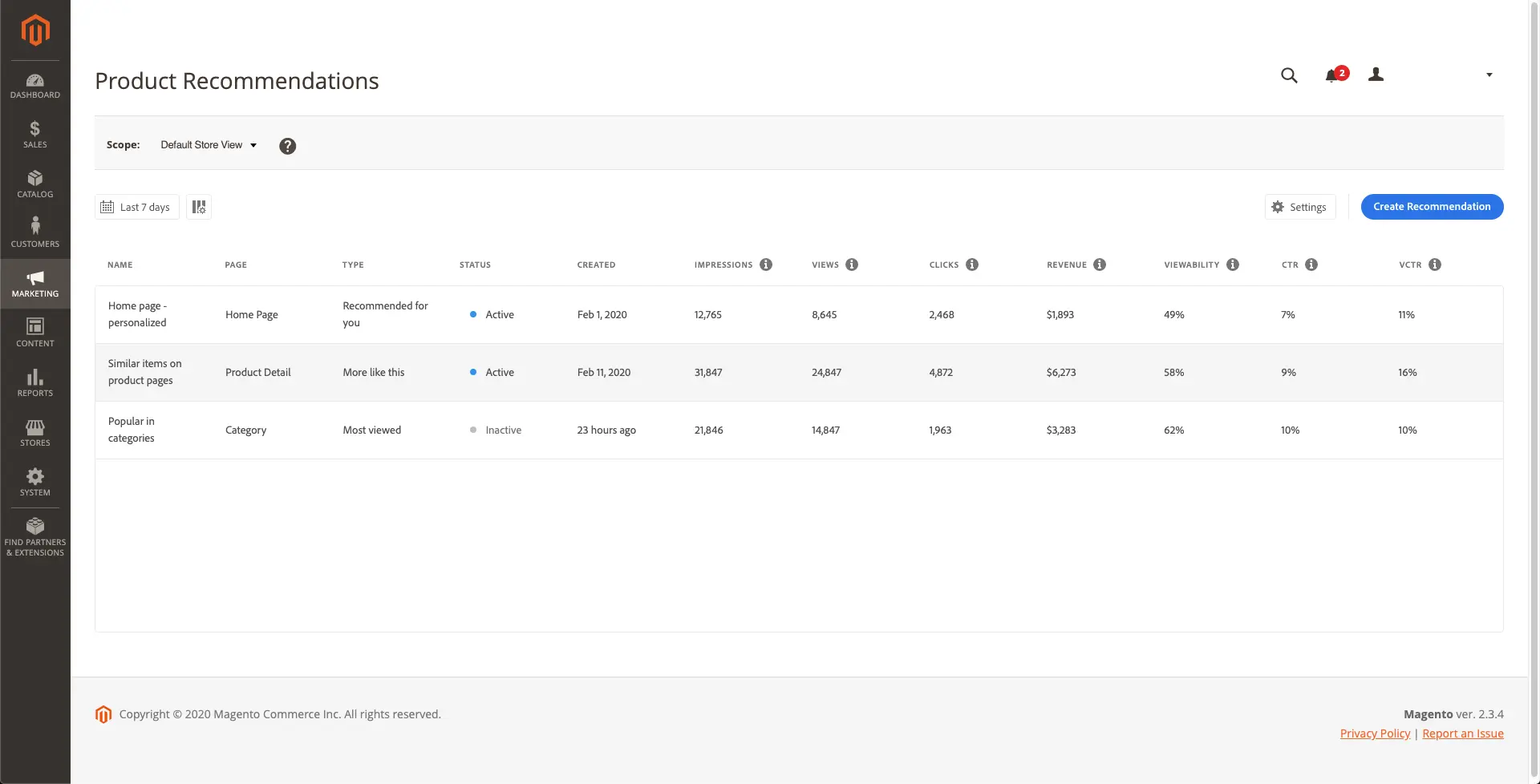
Drupal, with a score of 7.5, enhances content creation through AI with modules like AI Connect, enabling integration with AI services for diverse functionalities like content generation, SEO optimization, and multilingual support. The platform also integrates OpenAI and ChatGPT, offering features for text completions, editorial advice, and image generation using text descriptions. However, it does not provide a screenshot of an AI feature.
User Management
User ManagementAssesses the platforms’ capabilities in managing user roles, permissions, and accessibility.Score Components:
- Role Customization (40%): Flexibility in creating and defining user roles and
permissions. - Ease of Management (30%): User interface and tools for managing users.
- Access Control (20%): Effectiveness of access control measures for different user
levels. - Scalability (10%): Ability to manage a growing number of users efficiently.
 9.1
9.1
 8.0
8.0
🏆 Winner: Drupal
. Drupal’s flexible permission and role system allows for an unlimited number of users to manage and edit a website, only constrained by server capacity and practical management considerations. Administrators can create various roles, such as “Editor” or “Administrator”, each with customized permissions. There’s no inherent limit in Drupal on the number of users with administrative or editing capabilities, enabling extensive collaboration and content management possibilities.
On the other hand, the number of users who can edit an Adobe Commerce website depends on user licenses and roles. User licenses, bought separately, determine the total number of users allowed, with additional licenses purchasable as needed. Roles and permissions, managed within the available licenses, control access and modifications, ensuring data security and efficient workflow.
Drupal User Roles and Access Levels:
| Role | Description | Access Highlights |
|---|---|---|
| Editor | Users responsible for content creation, editing, and publishing. | Can create, edit, delete, and publish content; can also manage comments. |
| Moderator | Users focused on site moderation, including comment and user management. | Can approve or delete comments, block users, and manage reported content. |
| Administrator | Users with full access to all administrative features of the site. | Can change site configuration, manage all content, users, permissions, and install modules/themes. |
Adobe Commerce(ex Magento) User Roles and Access Levels:
| Role | Description | Access Highlights |
|---|---|---|
| Administrator | Has full permissions to all aspects of Adobe Commerce, including global settings and data. | Full access to all settings, data, and functionalities within Adobe Commerce. Can manage other users’ roles and permissions. |
| Store Administrator | Responsible for the day-to-day management of the store, including products, orders, and customer service. | Access to manage products, process orders, and handle customer inquiries, but may have restricted access to sensitive global settings or data. |
| Design Team Member | Focuses on the aesthetic and user experience aspects of the store, working on content design and layout. | Access to content design tools and functionalities, but restricted from accessing customer, order information, and other sensitive areas. |
| Default User (B2B) | Has view-only access to company profile and credit information, and full access to activities related to sales and quotes. | Full access to sales and quotes activities; view-only for company profile and credit information. |
| Senior Buyer (B2B) | Engaged in purchasing, with access to all Sales and Quotes resources, and view-only permissions to the Company Profile, User and Teams, Payment Information, and Company Credit. | Comprehensive access to Sales and Quotes, with limited viewing rights for company’s financial and profile data. |
| Assistant Buyer (B2B) | Assists in purchasing activities, with permissions to place orders using Checkout with Quote, and to view orders, quotes, and company profile information. | Permission to execute orders and access relevant purchasing data; view-only access to company profile information. |
Additional Features

|

|
|
|---|---|---|
|
SSL Certificate |
|
|
|
Custom Domain |
|
|
|
Free Custom Domain Included |
|
|
|
International Domains |
|
|
|
Mobile Responsive |
|
|
|
Page Speed |
|
|
|
Website Builder Mobile App |
|
|
|
Convert a Website To An App |
|
|
|
Website Analytics |
|
|
|
Multilingual Sites |
|
|
|
Multiple Users |
|
|
User Feedback
Users appreciate Drupal for its ease of use, security, and flexibility as an open-source CMS, highlighting its ability to scale and support a variety of websites and applications with modern technology tools. The community and documentation are frequently mentioned positives, providing ample support and resources. However, criticisms include a relative lack of plugins and themes compared to competitors like WordPress, the learning curve for customization without coding, and some challenges with installation and updates. The platform is praised for its robust content management capabilities, enabling users to manage content and user access efficiently. Overall, feedback underscores Drupal’s strength in creating secure, customizable, and scalable web solutions, despite some desires for more intuitive UI and easier setup.
Adobe Commerce (formerly Magento Commerce) receives high praise for its comprehensive ecommerce solutions, offering features like customer and order management, scalability, and customization options. Users appreciate its flexibility and ease of use, although some mention a learning curve due to its extensive features. Despite occasional drawbacks like slow speed or complexity, Adobe Commerce proves beneficial for businesses seeking robust ecommerce platforms, aiding in sales growth, customer management, and overall efficiency in managing online stores.
The making of this blog
We followed a clear, step-by-step process to write and research this article.
FAQ
Which platform is better for ecommerce, Drupal or Adobe Commerce (ex Magento)?
Can I use Drupal for a non-ecommerce website?
Is Adobe Commerce (ex Magento) suitable for small businesses?
How do Drupal and Adobe Commerce (ex Magento) compare in terms of ease of use?
Which platform offers better hosting solutions?
Can I customize my website extensively with either platform?
What kind of support can I expect from Drupal and Adobe Commerce (ex Magento)?
Are there any significant differences in security between the two platforms?










